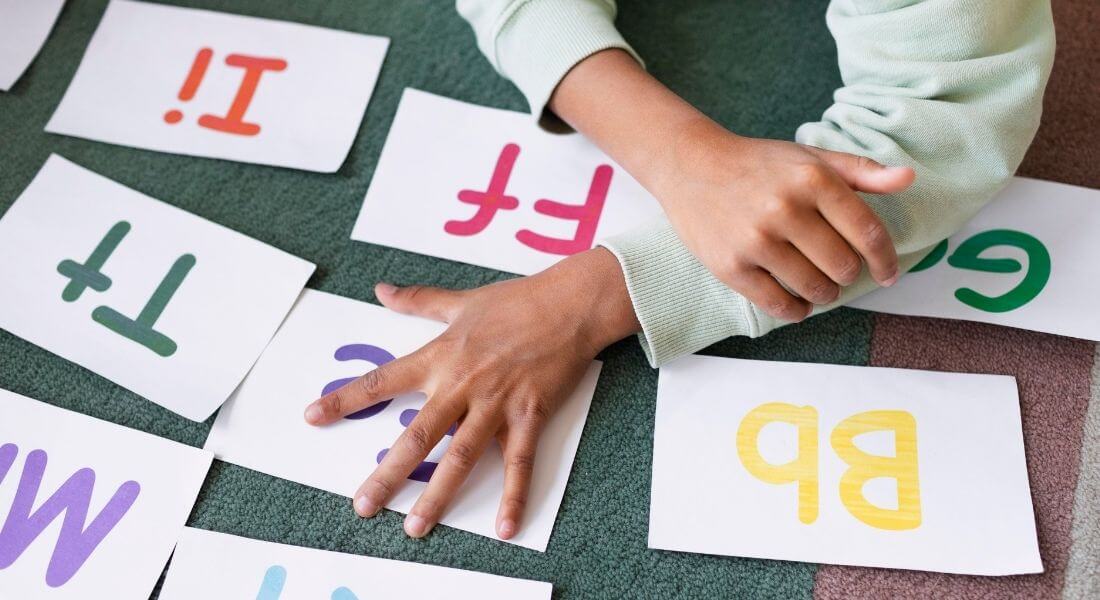Maintenance: Why Practicing Skills After they are Learned is so Important!
October 22, 2019
October 22, 2019

Maintenance occurs when known skills are practiced even after the skills have been mastered. Children with autism can sometimes have a harder time holding onto skills that they may have known like the back of their hand at one time. Performing regular maintenance checks on skills that you know your child has mastered will help them retain the skill and promote generalization across:
Your child will be able to perform the skill in many different environments. For example, your son has been taught to tolerate waiting for a preferred item. You can practice this at home when he asks for a turn on the iPad. You can practice this at the store when he wants to go to look at the toys but you need to grab a few things first. You can also practice this at church when you are talking to someone but he wants to go to the playground. By practicing this skill in so many different environments, you will ensure that he knows how to wait for something he wants no matter where you may be in the community.
Your child will still be able to perform the skill regardless of how much time passes. The skills your child learns in ABA are meant to give them the tools they need in order to live independent, successful, and fulfilling lives. Therefore, it’s important that they always remember how to do these skills! For example, you want your daughter to learn at an early age to call 911 if there is an emergency. You have practiced it with her and feel confident that she knows how to do it, so you stop practicing. Years later, your daughter is 15 and often stays home alone for brief periods of time. You quickly run down to the grocery store, but while you are gone your dog knocks a candle over and the curtains catch on fire. If you haven’t practiced dialing 911 since she was five years old, your daughter might not remember that she needs to call 911.
Your child will perform the same skill for a wide variety of people. If your child only practices a skill with one person, they might only be willing or able to perform the skill for that specific person. For example, it’s important that your son responds to “clean up” when told by both parents, his teacher, his babysitter, and his grandmother! You want him to be able to clean up when told to do so by many different people, not just one.
Running maintenance checks and promoting generalization can be easy and fun to do with your child! Here are some tips to help you:
These are just some of the ways that you can promote generalization with your child’s skills. They have worked hard to learn them, and by working together as a family, you can make sure they are able to use them in many different ways for years to come. Remember, it doesn’t have to be daunting or time consuming – even checking in on one skill a day will go very far!
*Informed consent was obtained from the participants in this article. This information should not be captured and reused without express permission from Hopebridge, LLC. Testimonials are solicited as part of an open casting call process for testimonials from former client caregivers. Hopebridge does not permit clinical employees to solicit or use testimonials about therapeutic services received from current clients (Ethics Code for Behavior Analysts 5.07-5.08; BACB, 2020). Hopebridge does not provide any incentives, compensation, or renumeration for testimonials provided by a former client or client caregiver.
Autism Therapy
November 09, 2023
Hopebridge Training Series Provides BCBAs with Structure and Support to Navigate Effective and Compassionate Conversations with Families
Autism Therapy
April 29, 2024
Autism Therapy Clinicians and Families Benefit from Grand Rounds at Hopebridge
Autism Therapy
October 29, 2018
Why is Play so Important within ABA Therapy? Learn from a Hopebridge BCBA